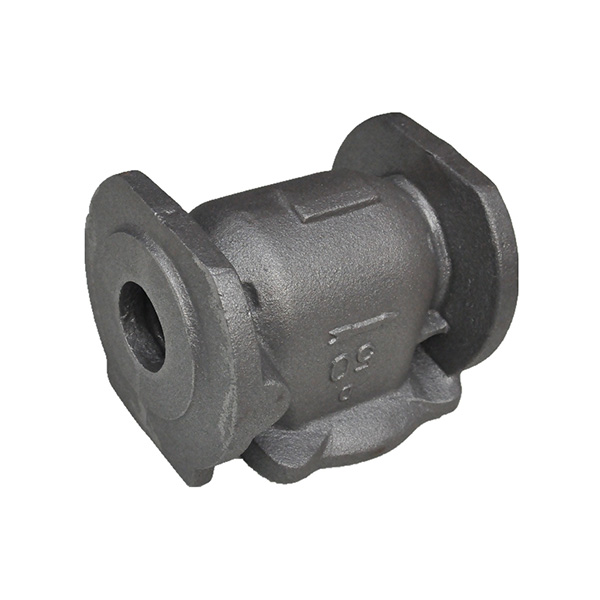Mobile:+86-311-808-126-83
Email:info@ydcastings.com
Durable Black Iron Valve for Efficient Fluid Control in Industrial Applications
The Versatility of Black Iron Valves in Industrial Applications
Black iron valves have become a staple in various industrial applications, owing to their durability, strength, and resistance to high pressures and temperatures. Made from malleable iron, these valves are primarily utilized in plumbing, oil, gas, and water supply systems. Their unique properties make them suitable for a wide range of functions in diverse settings.
Exceptional Strength and Durability
The primary reason behind the widespread use of black iron valves is their exceptional strength. Black iron is forged through a process that gives it superior mechanical properties compared to other materials like brass or plastic. This makes black iron valves ideal for applications that involve the transportation of liquids or gases under high pressure. Their robust structure ensures that they can withstand the rigors of industrial environments, minimizing the likelihood of leaks or failures.
In addition to strength, black iron valves also exhibit remarkable durability. They are resistant to deformation and wear, even when subjected to extreme conditions. This longevity translates into lower maintenance costs for businesses since they often do not require frequent replacements or repairs. As a result, black iron valves are a cost-effective solution for long-term projects.
Temperature and Pressure Resistance
Black iron valves are designed to handle elevated temperatures and pressures, which is critical in industries like oil and gas, where these factors are commonplace. These valves can typically operate efficiently in temperatures up to 400 degrees Fahrenheit and can handle pressures exceeding 200 PSI. Their ability to perform under such challenging conditions makes them an invaluable asset in various applications — from oil drilling rigs to power plants.
Moreover, the ability to function at high temperatures means that black iron valves can be utilized in processes that involve steam or hot water, further broadening their application scope. This versatility ensures that industries can maintain operational efficiency while ensuring safety and reliability.
black iron valve

Corrosion Resistance and Surface Treatment
One downside of black iron valves is their susceptibility to rust when exposed to moisture. However, many manufacturers implement various surface treatments to enhance corrosion resistance. For instance, galvanization or the application of specialized coatings can protect the metal from oxidizing, ensuring longevity even in humid environments.
The choice of surface treatment largely depends on the specific application and the environment in which the valve will be used. Proper selection and maintenance can significantly extend the life cycle of black iron valves, making them even more appealing as a long-term solution.
Applications Across Industries
Black iron valves are utilized in numerous sectors, including water supply, drainage, gas distribution, and HVAC systems. Their adaptability means that they can be found in residential, commercial, and industrial installations alike. In plumbing, for example, they are often used in conjunction with pipes to regulate flow and pressure, while in oil and gas industries, they are critical for controlling the flow of hydrocarbons.
In HVAC systems, black iron valves facilitate the effective management of airflow and temperature, ensuring indoor climates remain comfortable and efficient. Their robust nature ensures that these critical systems function optimally.
Conclusion
In conclusion, black iron valves stand out as an essential component in many industrial applications due to their strength, durability, and resistance to high pressure and temperature. Despite some limitations related to corrosion, advancements in surface treatments have made them a reliable choice for a wide array of environments. As industries continue to evolve, black iron valves will remain integral to ensuring the efficiency and safety of fluid and gas management systems. Whether in plumbing, oil and gas, or HVAC, their versatility and robust performance make them a vital tool in modern industrial operations.
-
Understanding Metal Casting TechniquesNewsApr.02,2025
-
Understanding Exhaust Manifolds for Enhanced Engine PerformanceNewsApr.02,2025
-
The World of Metal FabricationNewsApr.02,2025
-
Key Components for Pump and Turbo EfficiencyNewsApr.02,2025
-
Essential Tools for Automotive Maintenance and RepairNewsApr.02,2025
-
Durable Valve Components for Effective Water ManagementNewsApr.02,2025











